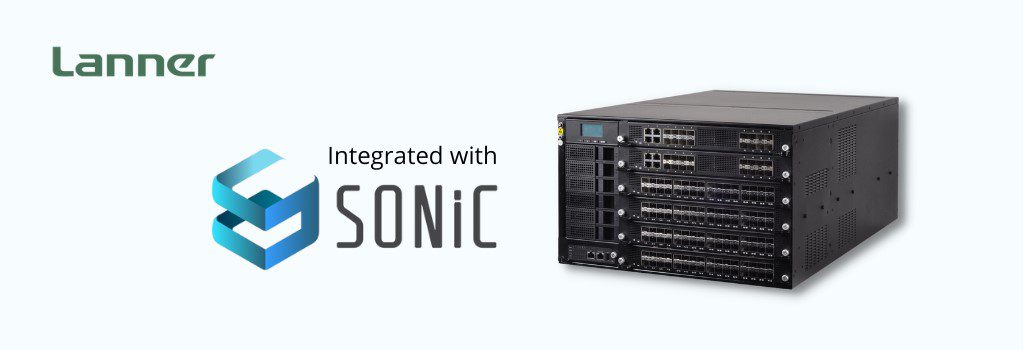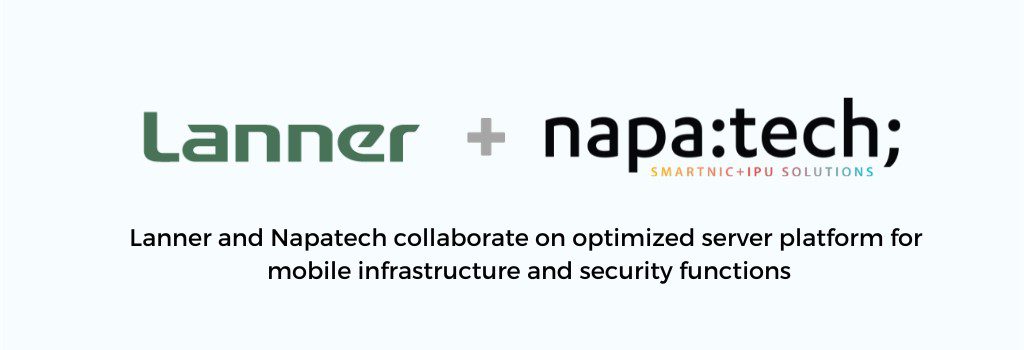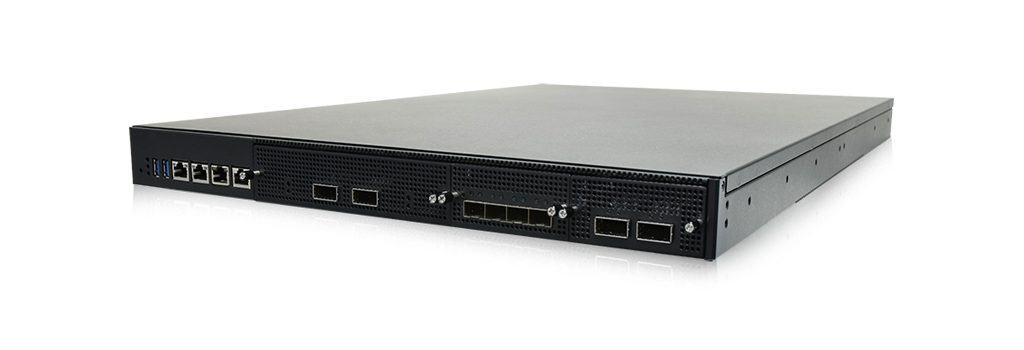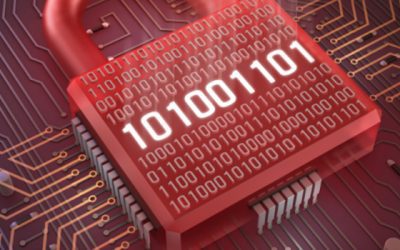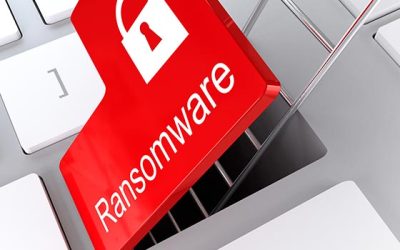The digital world has woven itself intricately into every facet of our lives, from consumer electronics to vital business operations. As the demand for these applications increases, so does the risk associated with data transfers, particularly when utilizing unprotected public networks. With a growing number of network security breaches, businesses are urged to step up their security game. The shift toward cloud technologies, network automation, and the emergence of 5G further heightens this urgency. One indispensable tool in the toolbox of data security is Network Encryption, especially the Hardware Security Module (HSM).
What is Network Encryption?
Network encryption is the process of transforming or encoding sensitive data, such as passwords, files, and credentials, to make them unreadable without the proper security key or password. Particularly, Hardware Security Modules (HSM) are designed to be more stringent and sophisticated in how they protect this sensitive data. This hardware encryption technology is both efficient and relatively easy to deploy, making it an ideal solution for any organization concerned with data security.
A Real-World Scenario: Enterprise Security Professional’s Requirements
Let’s consider a case where a leading U.S.-based enterprise security professional approached Lanner for co-developing a quantum-safe network appliance. The hardware platform had a laundry list of requirements to meet, including:
Intel® QAT (Quick Assisted Technology)
Intel’s Quick Assisted Technology is instrumental for encryption and decryption activities, such as in Transport Layer Security (TLS) or IP Security (IPSec). The required network appliance was expected to have an Intel Skylake processor with native QAT to offer varying levels of network encryption performance: 20G, 40G, and 100Gbps.
Redundant Power Supply
For 24/7 non-stop network operation, a redundant power supply was considered crucial. The appliance should also support other high-availability features like hot-swappable cooling fans.
Multiple Networking I/O Ports
Given the diversity in transmission mediums—optical and traditional—the hardware needed to feature multiple network I/O ports, encompassing both GbE RJ45 and SFP+ ports.
IPMI Out-of-Band Management
IPMI (Intelligent Platform Management Interface) was necessary to give system administrators a robust tool for remote management, irrespective of the operating system.
Solution: The Role of Lanner’s Network Appliance
Lanner’s NCA-4025 features 8, 12, or 16-core Intel® Xeon® D-2100 processors. It provides multiple I/O ports and Intel® QuickAssist Technology for significant performance enhancement in running various virtual network functions (VNFs) and encryption algorithms. This ensures a defense-in-depth approach to data protection.
Why is Network Encryption Imperative?
- Data Security: Network encryption makes sure only the intended recipients can decode and access the information, providing a highly effective way to safeguard data.
- Regulatory Compliance: Several industries have specific guidelines about data protection. Failing to encrypt sensitive information can lead to hefty fines and legal issues.
- Consumer Trust: Ensuring data security isn’t just good practice; it’s also crucial for maintaining the trust of your consumers or clients.
- Competitive Edge: In a market where data breaches are rampant, having a secure network can offer a significant competitive advantage.
Conclusion
In a world that is becoming increasingly digital and connected, the importance of network security, particularly network encryption, cannot be overstated. High-assurance network data encryption is no longer optional but a necessity for any serious organization. Therefore, investing in robust network encryption technology like Lanner’s NCA-4025 is not just a strategic move but an imperative one for securing your data assets.
So, if you’re looking to protect your transmitted data and gain peace of mind in this digital era, don’t underestimate the power of network encryption.
Interested in learning more about how network encryption can serve your organization? Feel free to reach out for a personalized consultation.
This blog post is for informational purposes and should not be considered as professional advice. Always consult with experts before making any decisions related to network security.



